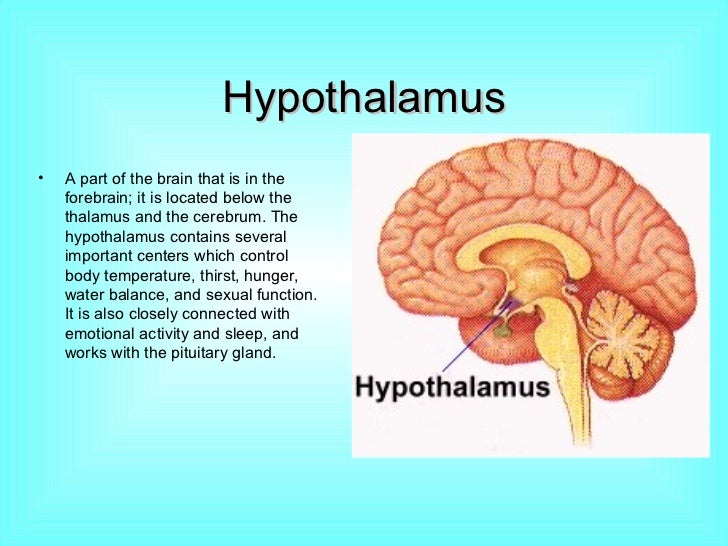

Check out this TED talk by Jessa Gamble: Our natural sleep cycle is nothing like what we do now.Also, we found a small but significant correlation of hours of sleep one gets a night (pre) and GPA and a significant reduction in sleep problems over time, independent of the f.lux intervention, suggesting perhaps that just making students aware of sleep problems might have some benefit (research article in development)

In a recent, randomized controlled study of about 120 UCLA undergraduate students, our Mind Well U-Reviews Sleep Well team found that students who had a rea l f.lux blue-green wavelength reduction at night relative to no change showed a small but significant change in sleep onset latency.UCLA Chancellor Gene Block, Distinguished Professor of Psychiatry and Biobehavioral Sciences, specializes in circadian biology and has described the science behind the circadian rhythm and has offered recommendations for good sleep hygiene in his article in the Wall Street Journal. Chronic disruption of our circadian rhythm, our 24-hour internal timing system, can have a major impact on health consequences.David Baron, Executive Director of the Ashe Center, has to say about about the intended purpose of the napping program, the proper measures for effective sleep hygiene, taking “nap tests” to determine our individual napping needs and how caffeine and alcohol can affect our sleep cycles. Did you know that taking naps lasting longer than 45 minutes to an hour do more harm than good? Listen to what Dr.Watch this Daily Bruin Video of great nap spots on campus.We also identified places where you can use lockers to lock up your belongings nearby – so you may nap soundly without the worry that your stuff might get “napped” UCLA Interactive Campus Map – Click on “Layers” and select “Nap Map” The Nap Map layer includes locations where you might nap on campus, throughout the year.Rent an inflatable lounger or blanket from the Student Activities Center and enjoy a nap outside on UCLA’s beautiful campus.This map shows the numerous campus locations that are perfect for taking a nap, with pros and cons for each spot. Recognizing that this can be a challenge, UCLA Mind Well has created a map of possible nap spaces on campus and their pros & cons. Napping: Ideally we would get enough sleep at night that we would not feel tired during the day.Scientists study genetic network behind sleep duration.One more reason to get a good night’s sleep: TED Talk by Jeff Iliff.One UC Berkeley study found poor sleep can lead to loneliness & social rejection.Hear these neuroscientists explain: Why Do We Sleep? TED talk by Dr.

Alon Avidan, Professor of Neurology at UCLA and Director of both the UCLA Sleep Disorders Center and UCLA Neurology Clinic, says this is one of the most important and critical finding in recent years about the possible function of sleep.


 0 kommentar(er)
0 kommentar(er)
